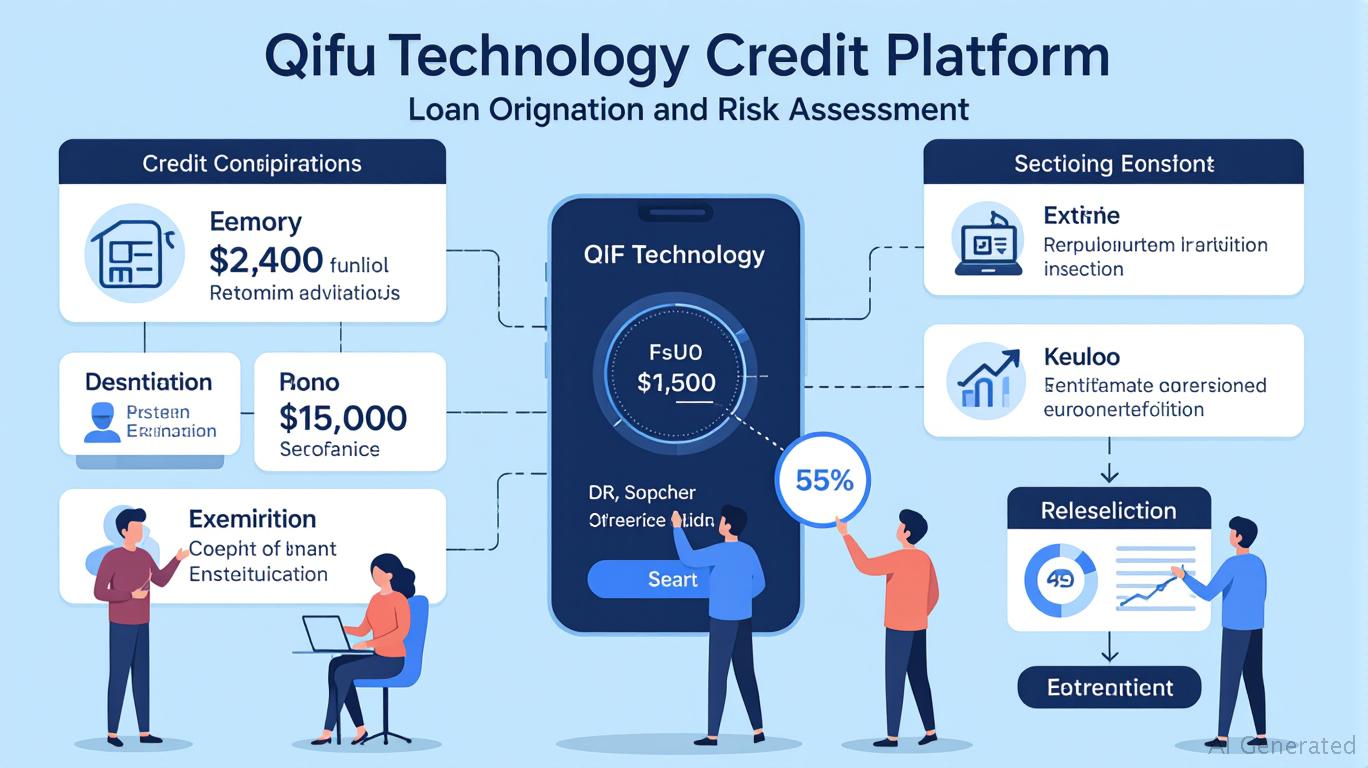Inclusive AI is not just a matter of fairness – it is essential for unlocking the full potential of AI for business and society alike. Without broad access to digital infrastructure, data, skills and ethical frameworks, entire markets risk being left behind, limiting innovation and economic growth, and deepening the existing digital divide.
This not only holds back communities in the Global South but also narrows the opportunities for businesses to scale solutions, enter new markets and build globally relevant AI systems.
Why does inclusive AI matter?
Inclusive AI ensures that artificial intelligence systems actively empower and benefit people, regardless of geography or language. It opens new possibilities to accelerate sustainable development, supports transformative outcomes across critical sectors including healthcare and education, and drives innovation and economic growth across economies. By prioritising inclusion, we can ensure the benefits of AI are shared widely and help close existing global gaps.
What’s holding back inclusive AI?
Barriers such as limited digital infrastructure, lack of access to quality data and compute and significant skills gaps – especially in the Global South – are slowing inclusive AI progress. Many AI models are also not designed with diverse languages or local contexts in mind. These challenges persist despite widespread connectivity coverage. Fragmented regulatory environments, limited investment in local innovation and language barriers further widen the AI divide.
Without targeted support, these gaps will continue to exclude large parts of the world from AI-driven development.
ICC recommendations: what can business and governments do to achieve inclusive AI?
- Invest in foundational infrastructure such as clean energy, broadband connectivity, and sustainable data centres.
- Expand access to high-quality, interoperable public data.
- Ensure inclusive digital education and workforce training across all levels.
- Promote homegrown innovation, including linguistic inclusion and support for local AI ecosystems.
- Adopt national strategies that align with international ethical frameworks.
- Update regulatory systems, particularly around data governance, privacy, and cybersecurity.
- Integrate AI standards into public procurement.







 English (US) ·
English (US) ·